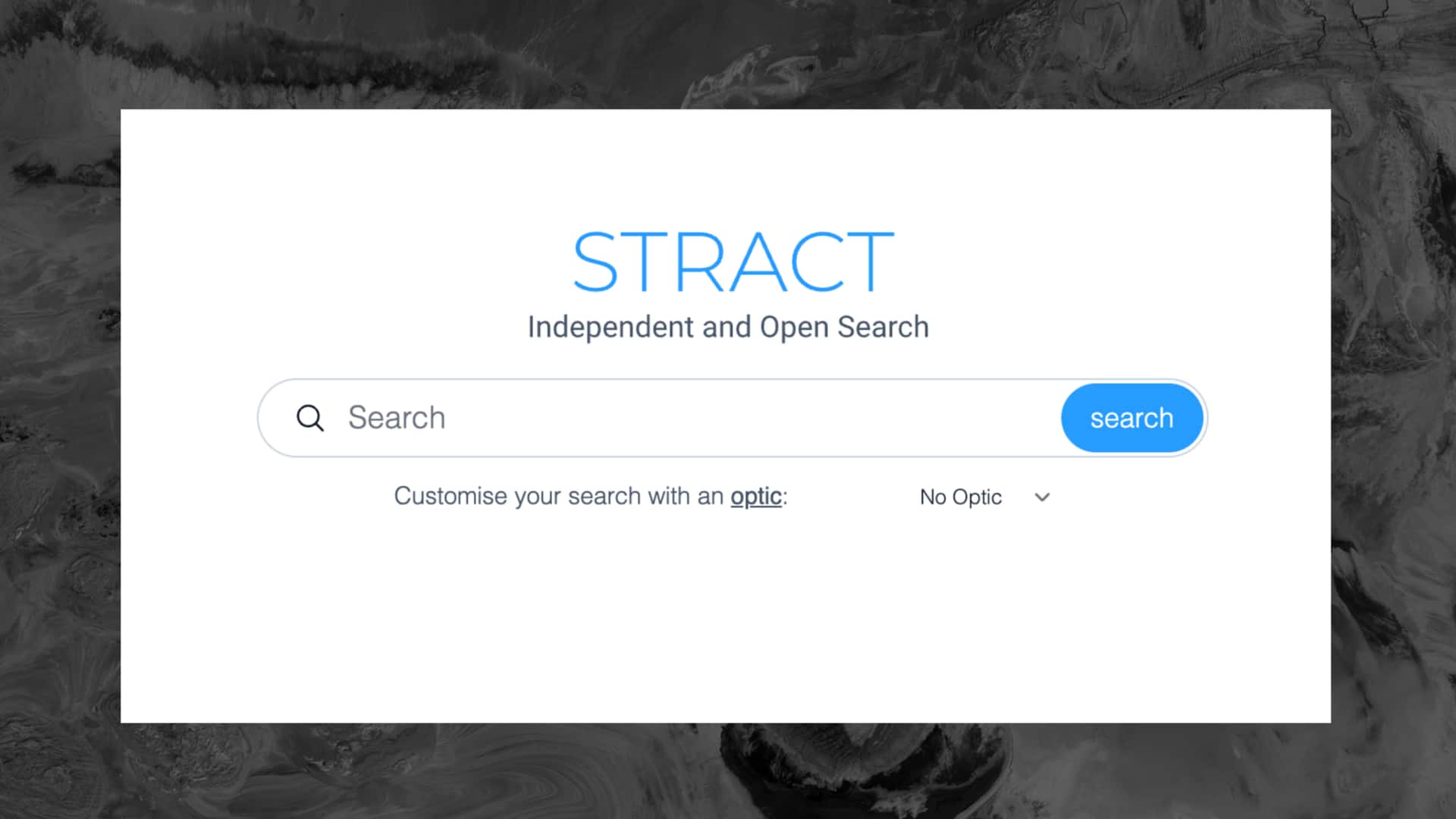
Meet Stract: An open-source search engine taking on Google
What's the story
Stract is a new open-source search engine created by Mikkel Denker, a coder from the Technical University of Denmark.
Unlike Google's search ecosystem, Stract aims to offer a more open and customizable web browsing experience.
Denker said, "I found it very weird that there essentially is no way to browse the web in an open manner. So that's what I am trying to build."
Condition
Stract's development and customizability
Currently operating from a server in Denker's office basement, Stract is continuously evolving with the help of user feedback from its Discord community.
Denker's master's thesis, which focused on searching personal files and documents, laid the groundwork for Stract. As he finishes his degree, he plans to fully concentrate on the search engine.
Stract addresses concerns about SEO-driven content, AI-generated results, and ad-heavy websites dominating search results by offering a highly customizable experience.
Requirement
The need for an open web browsing experience
Denker pointed out the limited options for open web browsing, with most searches going through major players like Google, Bing, and Yandex.
Even alternative search engines like DuckDuckGo rely on Bing for their results.
Stract aims to provide users with a more open and transparent way to explore the internet without being confined by the restrictions imposed by big search engine corporations.
This innovative approach could potentially change how users interact with online content and search for information.
Feature
What are Optics?
Stract has an interesting feature called "Optics."
It is a customizable instruction that users can give to the search engine to help search for specific content types or restrict searches to specific websites.
The project is open source. Hence, anyone can write their own Optic or modify existing ones.
Stract users can also like, dislike, and block certain websites, and de-rank those with many ads or third-party trackers.
Future
Stract's monetization plans
As of now, Stract is not monetized. Eventually, however, it will have "contextual ads tied to specific search terms." This will be similar to the system used by DuckDuckGo, and will not track its users. Paid subscribers might also be offered access to ad-free searches.